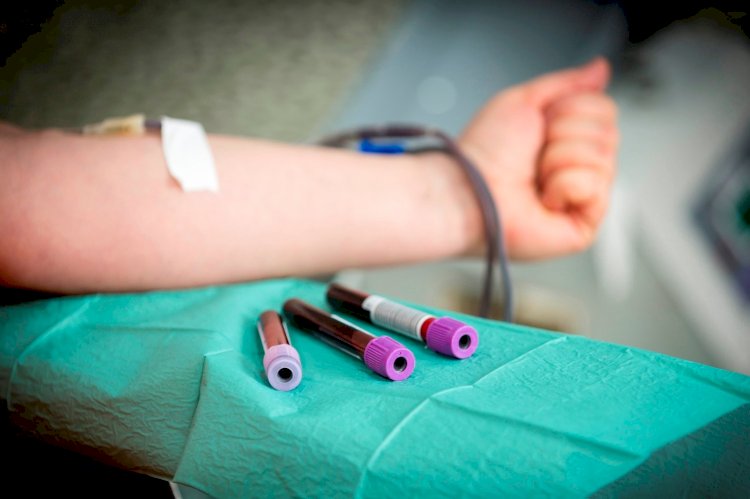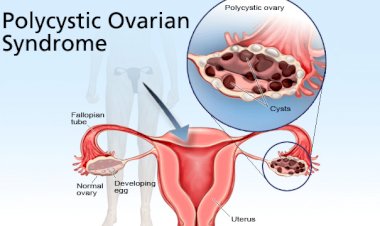Common Tests During First Trimester of Pregnancy

Post confirmation of home pregnancy test and to start this wonderful journey you approach the doctor to give birth to a healthy baby.
Pregnancy will bring a horde of changes in your life and your body. The months leading up to the arrival of your bundle of joy will come with an endless series of tests. These need to be done to ascertain you and your baby’s well-being.
As a would-be-mother, it is important that you know about these tests. Understanding why you need them and how they will help can give you some useful insight.
Screening tests are routinely done in the first trimester (first 3 months of pregnancy) or second trimester (second 3 months of pregnancy). if your baby is at increased risk of a serious health condition by having a screening test in your first trimester.
If your screening test results show your baby is at an increased risk you may wish to have diagnostic tests. Diagnostic tests confirm the presence of a condition and are very accurate.
The first trimester screening test is done between 9 weeks to 13 weeks 6 days of your pregnancy.
The test combines results from an ultrasound along with blood test and urine test and to assess the risk of having a baby with Down syndrome. This test can detect some other abnormalities, twins or any other complication may be identified timely
As both the first and second trimester tests screen for similar conditions, it is not recommended that you have both. Many women have their screening test as early as possible, in their first trimester, to find out if there could be a problem.
The first trimester tests:
First trimester tests are important to establish the presence of the fetus in the womb. It also helps in monitoring its proper development. During the first trimester of pregnancy, you will have to go through the following tests:
Blood Test:
As part of your antenatal care, you will be offered a number of blood tests. Some are offered to all women and some are only offered if it is thought that you are at risk of a specific allergy, infection or inherited condition. All of the tests are done to help make your pregnancy safer or to check that your baby is healthy. Talk to your doctor so that you understand why the blood tests are being offered and so that you can make an informed choice about whether or not you want them. Your doctor should also suggest you the tests. Your blood group and Rhesus factor your blood will be tested to check your blood group and to see whether you are rhesus positive or negative. Most of the cases women are rhesus positive but some of are negative too.
Woman who is rhesus positive has a substance known as D antigen on the surface of their red blood cells. Rhesus negative people do not A woman who is rhesus negative can carry a baby who is rhesus positive if her partner is rhesus positive. During pregnancy or birth, small amounts of the baby’s blood can enter the mother’s bloodstream. This can cause the mother to produce antibodies. This usually doesn’t affect the existing pregnancy, but the woman becomes ‘sensitized’. This means that if she gets pregnant with another rhesus positive baby, the immune response will be quicker and much greater. The antibodies produced by the mother can cross the placenta and attach to the D antigen on her baby’s red blood cells. This can be harmful to the baby as it may result in a condition called the hemolytic disease of the new born, which can lead to anaemia and jaundice.
Between 9 weeks to 13 weeks of your pregnancy, you must be advised for a blood test this test is advised to have a fair idea about levels of HGC and Estrogen hormones in your blood that change during pregnancy.
Your blood sample will be taken to conduct tests for:
- Immunity to chicken pox & Rubella
- Hepatitis B
- Syphilis
- HIV Status
- Hb levels
- Rh status
- Blood group
- Exposure to toxoplasmosis
Test of Urine:
Urine samples will be taken for checking:
- Whether you have an infection in the urinary tract or kidney
- Level of HCG (human chorionic gonadotropin).
- Presence of glucose in urine.
- Apart from the above routine tests, screening might also be done for risks of certain diseases:
Ultrasound (Sonogram): Sonogram is done between 12 to 13 weeks. The ultrasound specifically advised for determination of the thickness of fluid in an area behind the baby’s neck to be measured. A technician will also calculate your developing baby’s gestational age (age in weeks and days). It is computer-oriented program and test involves baby’s correct gestational age, to identify the risk of your baby having
Down syndrome: It is one of the most important tests which can be advised in case your doctor found any abnormality in your first two tests or family history. A result of this test will be available within a week. Which is all about a physical abnormality has been found during the ultrasound examination





































Comments (0)